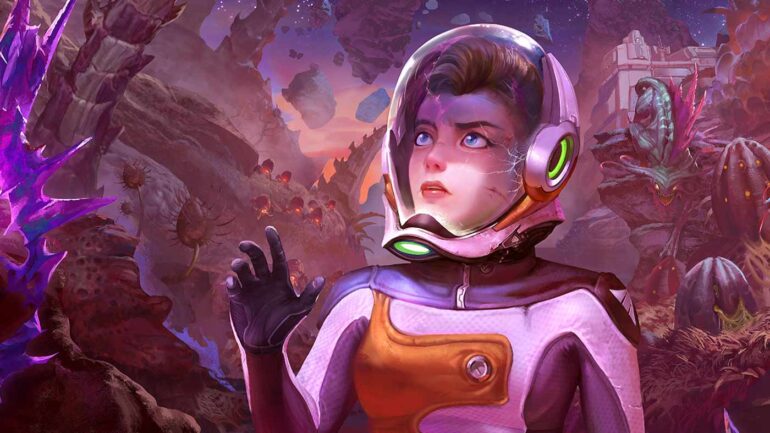The Australian games industry is changing. Decades of market forces, genre trends, federal inquiries, emerging talent and old-guard persistence have cultivated a landscape prime for growth. Chris Mosely is a man who’s been tilling that particular soil for over two decades now; a staple of the Aussie development scene, Mosley has had a hand in several studios and is now using that experience to help bring about a shift in the industry.
We recently had a chance to have a lengthy chat with Mosely about the exciting changes happening in our own backyard, as well as dive deep into his latest venture, the genre-bending sci-fi sim Beyond Contact.
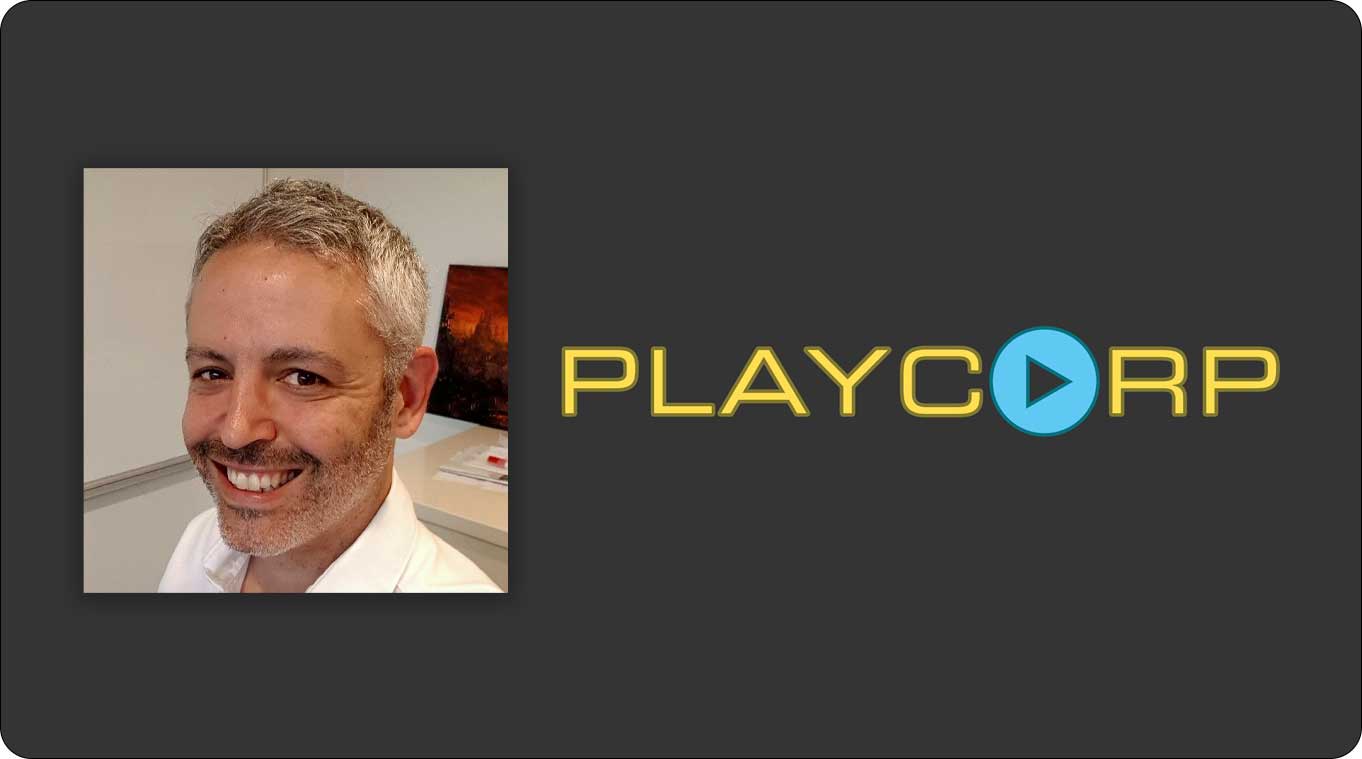
Chris Mosely, CEO/Director/Co-founder at Playcorp
Well first up, for those who don’t know your path through Australia’s development scene, can you tell us your story?
Chris Mosely: So I’ve been in the Australian game scene for about 30 years. I’m quite the reclusive, but I’ve been involved in a lot of game studios here and games that have been developed by Australians. So going back 30 years, I was one of the co-founders of Blue Tongue Entertainment, which went on to do some great stuff locally. After Blue Tongue, founded Red Tribe and the newest studio right now is Playcorp.
So back then, I think I was in my early 20s when we started Blue Tongue, there was certainly no sort of idea that you could go out and find investors or anything like that. And the idea that you could make games from Australia was still quite foreign to a lot of the international community. They weren’t aware of the fact that we had some really great development talent in Australia. So it was quite an uphill battle at that point. But I think we became one of four or five of the biggest game studios in the country at that time, so we had a lot of fun with that.
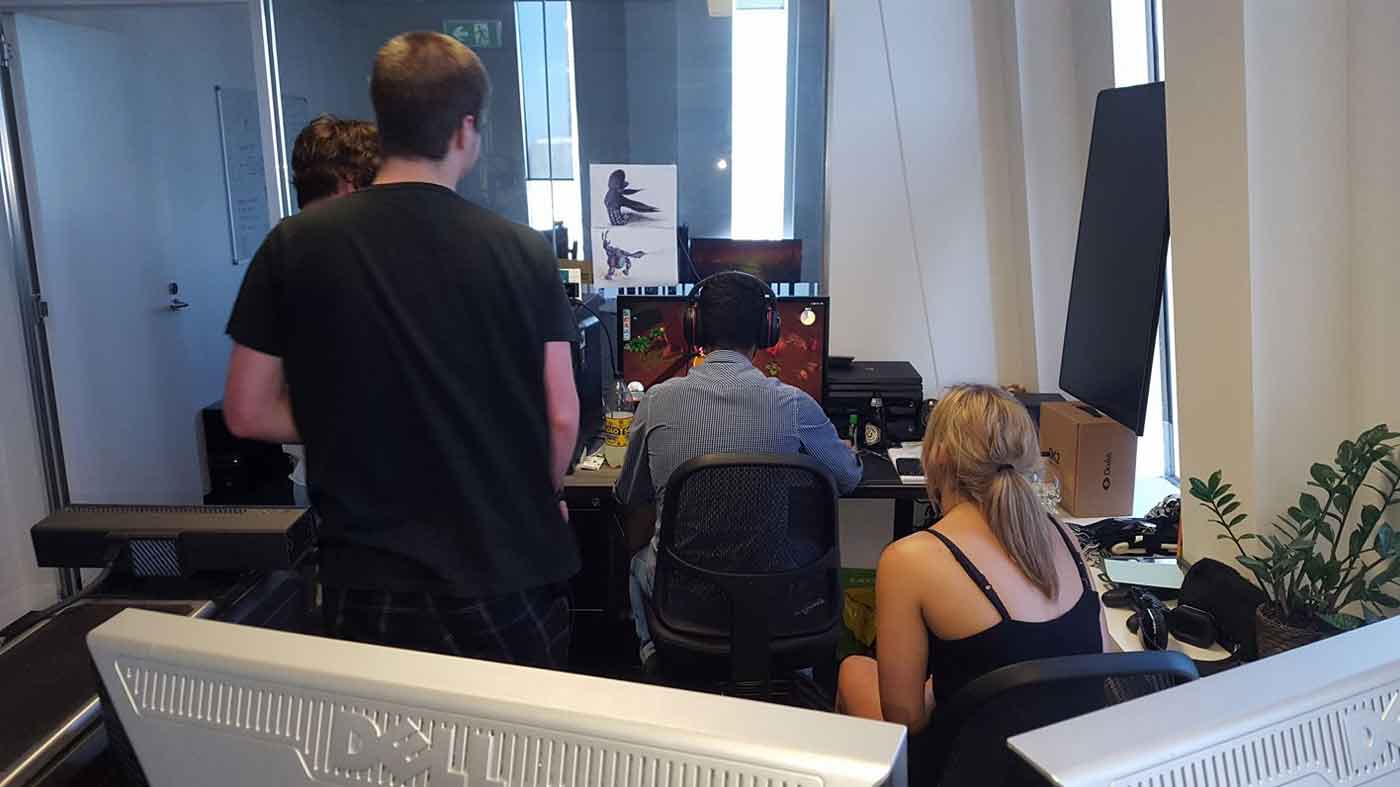
On the topic of the Australian development scene, what’s your current take on it as a whole? The climate, the people, the “vibes” for lack of a better term?
CM: I think there’s just such a breath of fresh air. There’s so much fantastic talent that’s come into the Australian development scene. I remember when I started, there was a huge lack of confidence. Like, Australians lacked confidence in their own abilities, they lacked confidence in competing on a world stage. And I think more recently, it’s almost the opposite. We’ve got so much confidence and so much ability to express ourselves the way that we want to express ourselves, which is critical to success in the games industry. You can’t simply be trying to please your overseas masters and hope to do well in the games industry. So we’ve got more of the risk takers, we’ve got more of that self-confidence within the industry. And this is all coming from a new generation of game developers, in my opinion.
I definitely see and feel that confidence you mentioned in this space but do you think there are challenges that specifically exist for Aussie devs?
CM: I think that there always is going to be. You can sense it in the DNA of the way that government thinks about games, for example. There’s always been a challenge for a country and where it’s come from to take games as a serious art form. We were fighting for many, many years to get games to be seen as a serious art form, on an equal footing with film and other types of art, which I think it is and we’ve come a long way, but you can still see that there’s still work to be done in that area. And I think with the new initiatives that the government has put in place and the various funding opportunities that the government’s put in place, you’re probably going to see huge dividends for Australia. For every dollar that the government invests in this industry, I think it brings in many multiples of dollars in revenue and export revenue into the country. So it’s definitely a very good investment when you look across the board.
The Digital Games Tax Offset Has Officially Passed Through Aussie Parliament
Over the past year, we’ve seen a bit of boon from the Australian Federal Government with programs like the Games: Expansion Pack funding. Do you think enough is being done to support local devs?
CM: It’s a really hard question. I mean, we haven’t had anything like this before and I think the danger is that you really want to be supporting the startups and the homegrown developers within Australia. And a lot of these programs tend to get sidetracked along the way, so they start off with the best of intentions and they end up essentially bringing competition or large companies into Australia that then end up competing with these little smaller studios. And so you start to lose your best staff and things like that. Over the last 30 years, I’ve seen quite a bit of this where the government will say that they’ve spent a large amount of money on the games industry, but what it really translated into was this sort of “head office” mentality where they bring large publishers into the country and unfortunately, that tends to stifle a lot of the local studios that are in place.
Now, having said that, any money is great and everyone sort of benefits and all ships rise when the water level rises, all the ships rise together. And so the talent pool overall has grown. It’s very, very hard and very, very complicated to try and assess how well these programs have done, but I think overall, you can see that from the point of view of educating a new group of developers and the talent pool itself, and access to money from the government and access to investors, we’re in a much healthier situation than we’ve ever been in the past. And then if you look at the sales records of Australian companies, it’s really quite astounding.
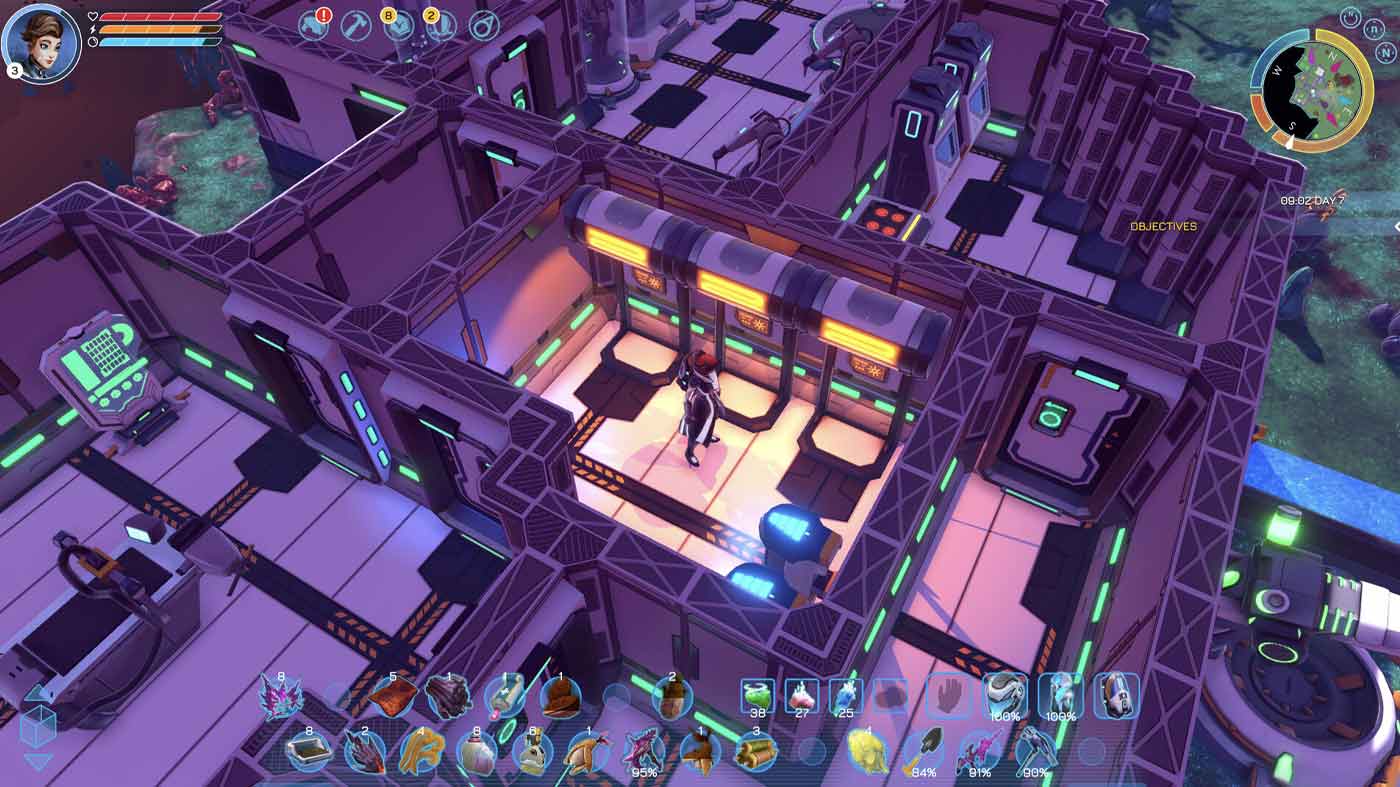
Do you think we’re doing enough to incentivise young Australians to consider a career in game development?
CM: This is a really tricky question. For me, being a game developer is like one of the most painful things you can do *laughs*. You don’t get into this industry to get rich. You get into this industry because you absolutely have no choice. You just love and you’re so passionate about games and you have this thing that you want to do. And if you don’t have that, you’re just not going to survive. You’re just not going to be in it for the long haul because it’s going to kick you in the guts over and over. You may spend two or three or four years working on a project and it doesn’t work out, and that’s absolutely heart-wrenching and mentally destructive. So should you encourage people, more people to want to do that? I think really they themselves need to want to do that.
Having seen the effects over the last 30 years of what the games industry can do, like the creative industries as a whole, I think you really want it to happen organically and naturally, and I think that does happen within Australia. I think we have that breadth of talent across the board that you need to create studios to create projects. A lot of countries don’t have that. They’ve got these little they’ve got bits and pieces of it that they don’t have that whole, but Australia does.
While we’re talking about support networks for studios such as yours, how has your working relationship with Plaion been?
CM: We’ve had a very good experience with Plaion and the particular group that we’re working with, I mean, they’re all veterans of the industry. They know their stuff really, really well. These are people who are independently successful developers who Plaion has kind of purchased and cherry-picked some of the talent. And that talent is now rising through the ranks within Plaion. So I imagine in the next five to ten years, you’re going to start to see a lot of this play out. But they’ve got some great talent there. They know their stuff. They know that they need to give developers time to create great products. Great products take time, they don’t happen overnight. And so this is all very positive.
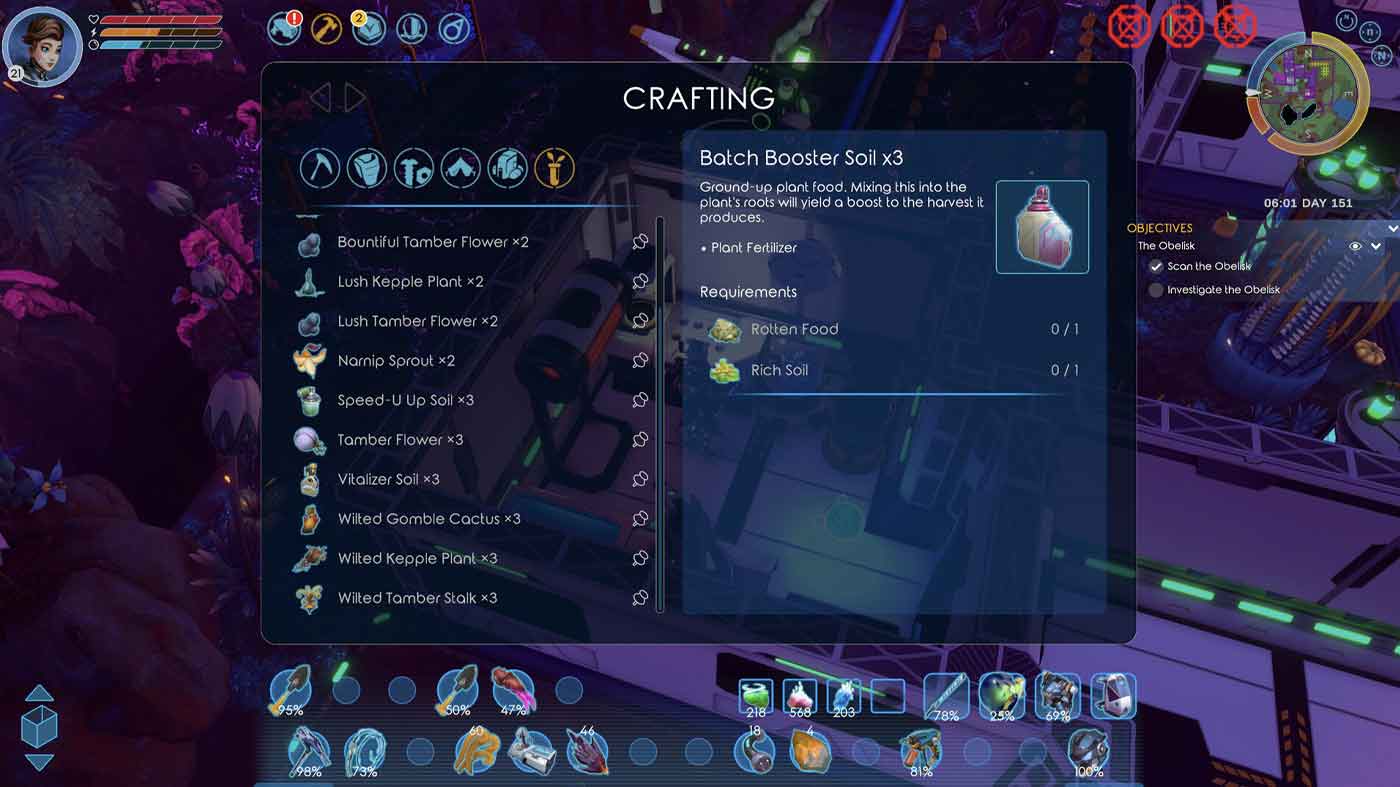
You’ve recently launched the 1.0 version of your game, Beyond Contact, can you tell us a bit about the journey to 1.0 and how it feels to finally arrive?
CM: It’s been a hell of a ride for us. We had to build the studio from scratch. We have, I want to say 30% of our staff are veterans from the games industry. And then we’ve got a whole new cadre of people who are up and coming in the games industry and maybe don’t have as much experience, so they’re learning very rapidly. And this project was probably a great one for them to learn because we had this opportunity of working with a community. So we silently launched the game into early access and then started to work with what turned out to be a very vocal and passionate and small community of people who were playing the game, who helped us to get to the stage that we’re at now.
It’s actually a much, much bigger game than we first envisaged and there’s many, many elements to it. It’s almost retro in style as well, in the sense that it has this intro story mode that you can play. And adding a story mode to a survival game is no small feat, as you can imagine. And then having the more traditional endless survival mode as well on top of that is kind of reminiscent of RTS games in the late 90s, early 2000s.
Something that struck me as I was playing the game is the polish and ambition around its systems, but how does it feel entering into a market as full as the survival sim?
CM: It’s a huge challenge. We’re really passionate about the survival game genre. That’s where it all started. So our strategy was essentially, if we keep iterating on this, if we keep making the game as good as we possibly can, then more and more people are going to start to notice that and the review scores will slowly increase. And if we get enough momentum around it with its unique pulp science fiction comic style and then some of these much more ambitious features within the game over time, that’s going to draw a bigger and bigger crowd.
Now, the problem with our industry in general, obviously, is that things change very rapidly, but game development is a very slow process, so you have to be very careful. So, yes, there’s a lot more competition now in this area than when we started, but we have a huge list of things that we want to do to the game. The game is not by any means finished. We’re just really touching upon what’s possible with the farming system. So there’s kind of three stages that we envisaged for the game. Stage one was supposed to be this hunter gatherer stage, and then stage two is supposed to be more of a base building and a farming stage.
And then stage three is supposed to be more about automation and optimization. We’ve got as far as stage two so far, which is the farming and building stage, but we haven’t gotten to stage three. And so you see some players and they don’t like the grind in the later parts of the game. And that’s actually a valid response because there are certain features that still need to go into the game such as auto mining and late game farming. So we’re trying to get these features out as quickly as we can, but it’s unclear whether we can get them out in time, I guess.
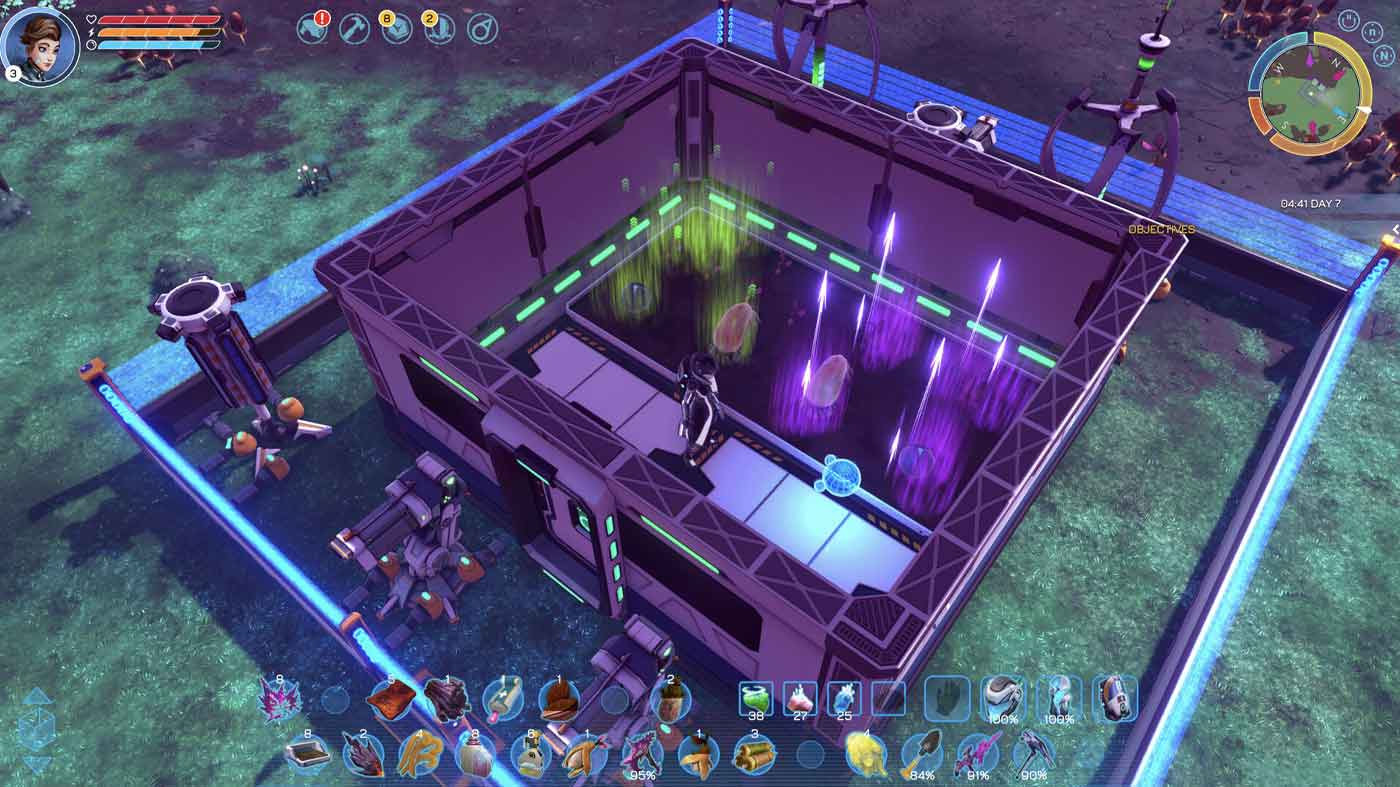
That’s understandable – are you looking to add these extra elements as free updates or are we expecting a more traditional expansion pathway?
CM: It’s a fully paid up game, so all of the major content that we update will be free. So we’ve got a new planet underway, we’ve got a new playable character that’s arriving. Actually a lot of the changes that I’m talking about, about the automisation and optimisation will probably arrive in the next four to six weeks. With a bit of luck. So again, that’s going to transform the experience of the game.
There will be DLCs. We haven’t quite figured out what they’re going to look like yet, but more than likely when we introduce a new feature to the game, I can’t mention exactly what new features are coming in, but there’s some really exciting new features that we’re putting into the game. Those features will be free for the players. And then there’ll also be some special shiny versions of those new features that can be purchased by DLC packs. So they’re going to be additional customisations that certain people may want to pay for, but you certainly don’t need in order to play the game by any stretch of the imagination. And you’re still going to get the full experience and all of the features within the game without having to pay any additional money. And this comes from the team, the team wouldn’t let us do anything else. There’s no in game shop for example.
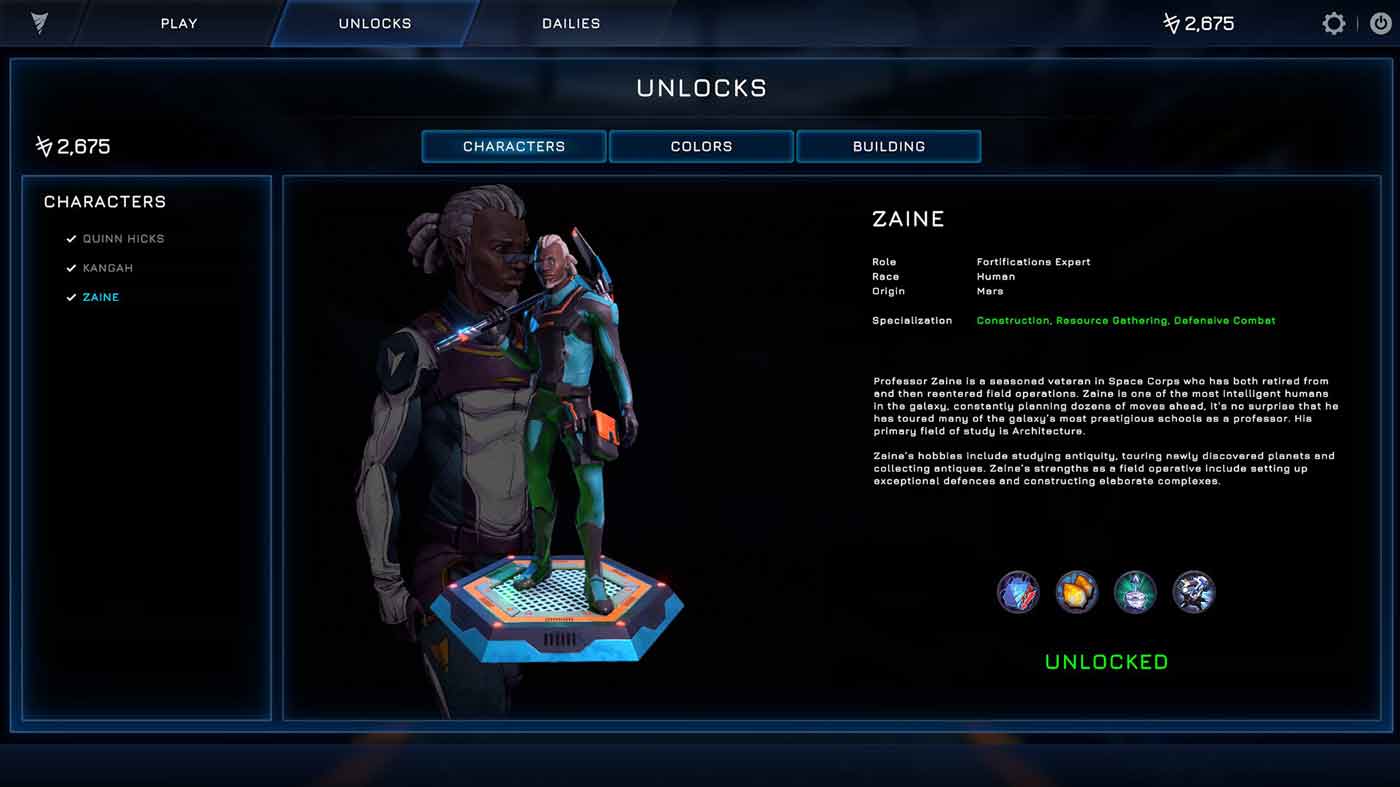
I can imagine you’ve got a million different answers but what’s something in Beyond Contact you’re most excited for players to see?
CM: Well, it’s really hard because over the last few weeks, I mean, all we’ve been doing internally is talking about all of these exciting new features. I’ve got to put my mind back to where we were when that game released. I think the most exciting features are going to be the new habitat system. You can literally build a habitat that covers the entire surface of a planet. You can do that with the current game, with the current engine, you can just keep playing indefinitely. I think a lot of players haven’t fully engaged yet with the raid system.
I know that if you look at the recommendations or the reviews on Steam, you’ll see that you’ve got your normal trolls that play the game for 5 seconds and don’t give it the time of day. And that tends to happen because the game isn’t well known. If the game was better known, they’d probably give it a bit more time and get into it and understand it more. But if you look at the higher quality reviews, things like the Raid system and the territory war system, it’s a whole other overlay on top of survival crafting again, which is quite unique along with having a story. So having the story mode itself was quite unique. And then having this whole territorial warfare system on top of the endless survival mode again, quite unique.
Beyond Contact is available on Steam now. Grab it here.


